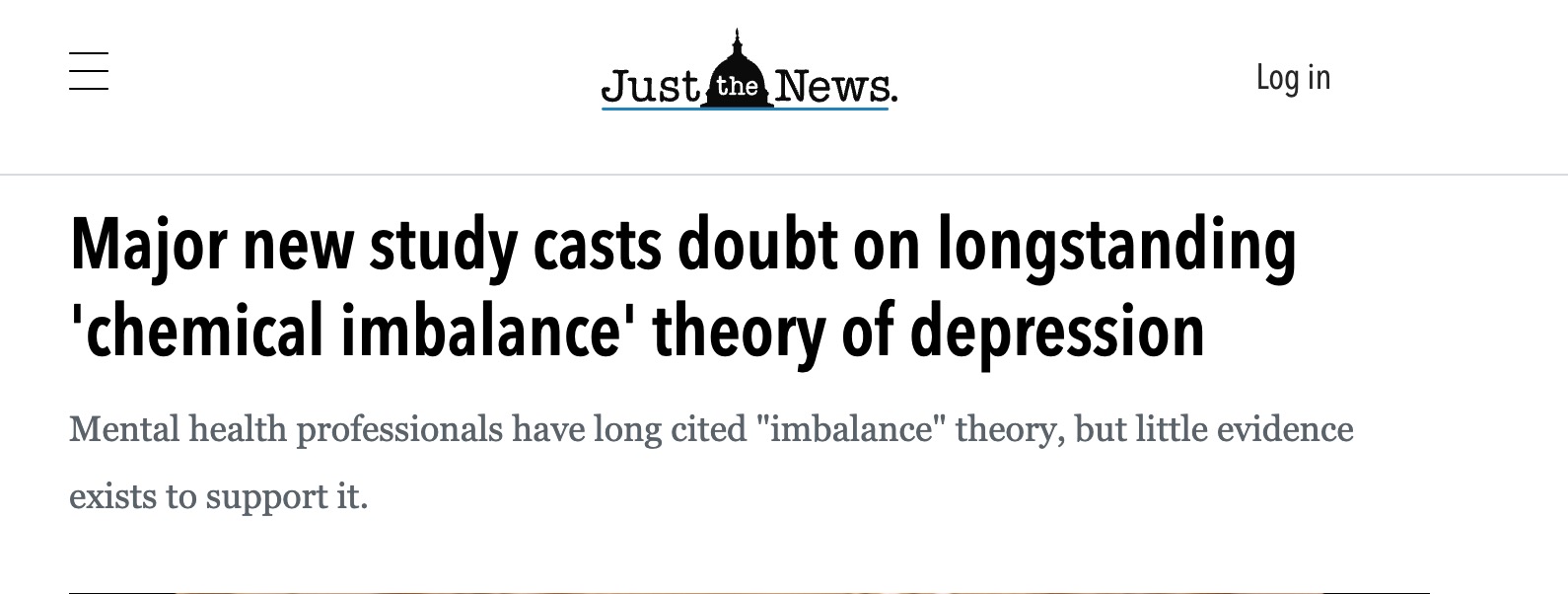While breakthroughs in the world of medicine and technology account for the global increase in life expectancy, improvements in quality of life for the elderly population lag far behind. Longevity without a decline in health is one of the major challenges that face the world of medicine. A new study led by Professors Einav Gross and Shmuel Ben-Sasson of the Faculty of Medicine at the Hebrew University of Jerusalem (HU) has identified a group of molecules that enable cells to repair damaged components, making it possible for those tissues to retain proper function. The efficacy of the molecules was demonstrated on a model organism. The research team examined the effect of various therapies on longevity and quality of life, and successfully proved they can protect the organisms and human cells from damage. Their findings were published in Autophagy.
Currently, a major factor in aging tissues is the reduced effectiveness of the cell’s quality-control mechanism, which leads to the accumulation of defective mitochondria.
As Gross explained, “mitochondria, the cell’s ‘power plants,’ are responsible for energy production. They can be compared to tiny electric batteries that help cells function properly. Although these ‘batteries’ wear out constantly, our cells have a sophisticated mechanism that removes defective mitochondria and replaces them with new ones.” Source: Israel365


